This page lists a selection of recent projects developed consistently with the three research axes:
1. Design for Industry 4.0 and Made in Italy,
2. Design for Digital Society and Social Innovation,
3. Design for Cultural Experience
Design for Made in Italy and Industry 4.0

The SCALe project aims to support the professional development of current and future professionals in smart cities and to provide adequate training opportunities for young students and the existing workforce (ERASMUS + KA2 Capacity Building, institutions in the ASEAN region).
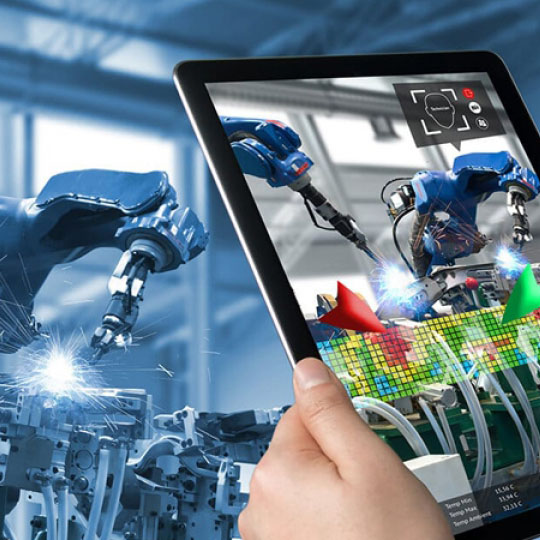
The Master Degree in Industry 4.0 project will provide technological knowledge and specialization in vertical and horizontal value chains in four key sectors: manufacturing, agriculture, aquaculture, and pervasive health (ERASMUS + KA2 Capacity Building, institutions in the ASEAN region).
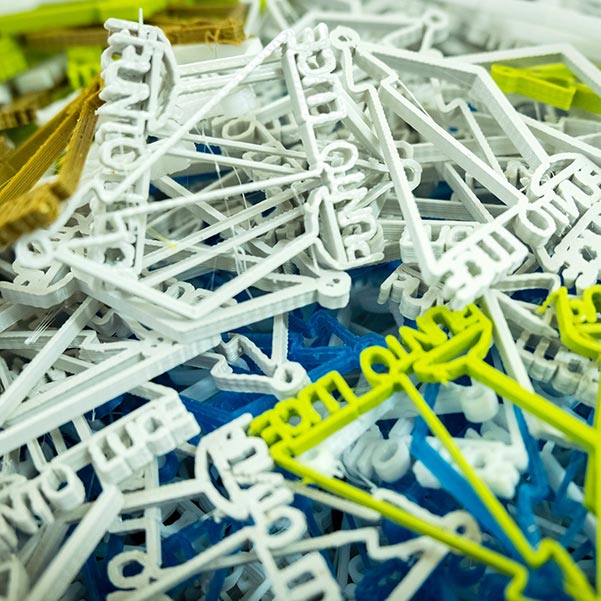
Design at the Arts Light Point. In collaboration with Save the Children Italy, the project focuses on organizing and implementing training activities aimed at adolescents for the development of non-cognitive and attitudinal skills in the field of Design.
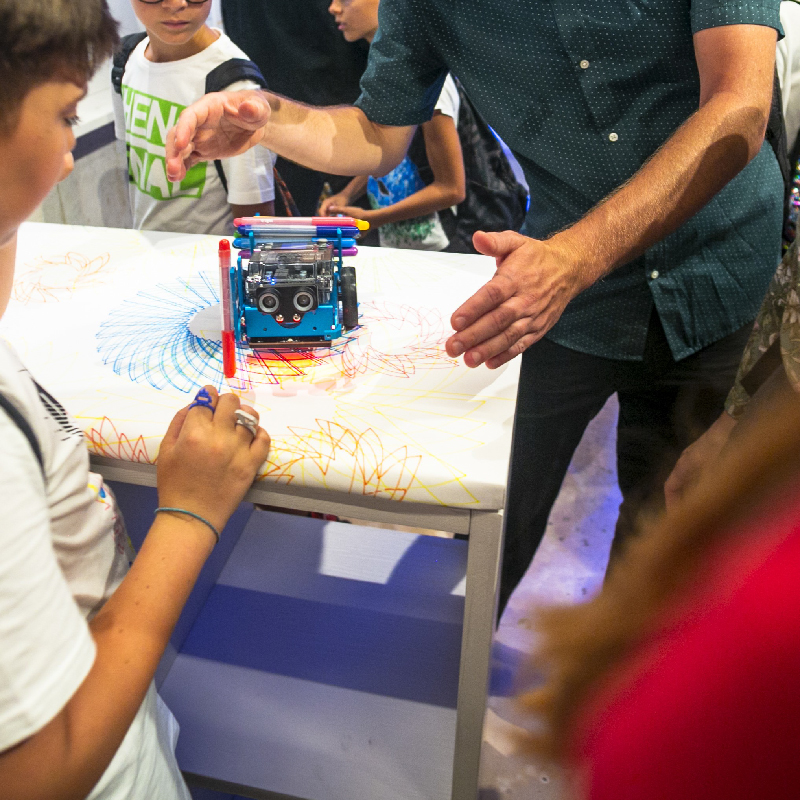
Design for Children. The Design for Children project, a Third Mission project in collaboration with Save the Children Italy, fights educational and material poverty in the Ostia Lido district. The project developed a comprehensive program of actions that included 8 design and technology workshops, an exhibition, and a national conference that showcased the alliance for Social Innovation.
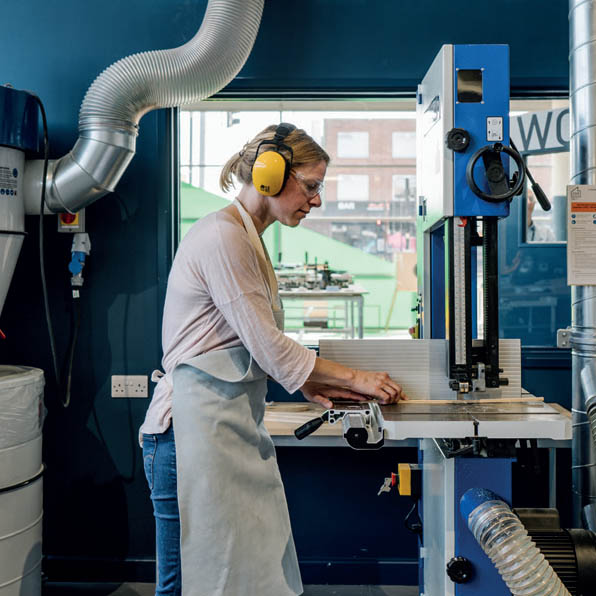
Urban Manufacturing – Stimulating Innovation Through Collaborative Maker Spaces. An Interreg Europe project aimed at facilitating the development of makerspaces as spaces for both widespread production and significant innovation serving the local area.
Design for Digital Society and Social Innovation
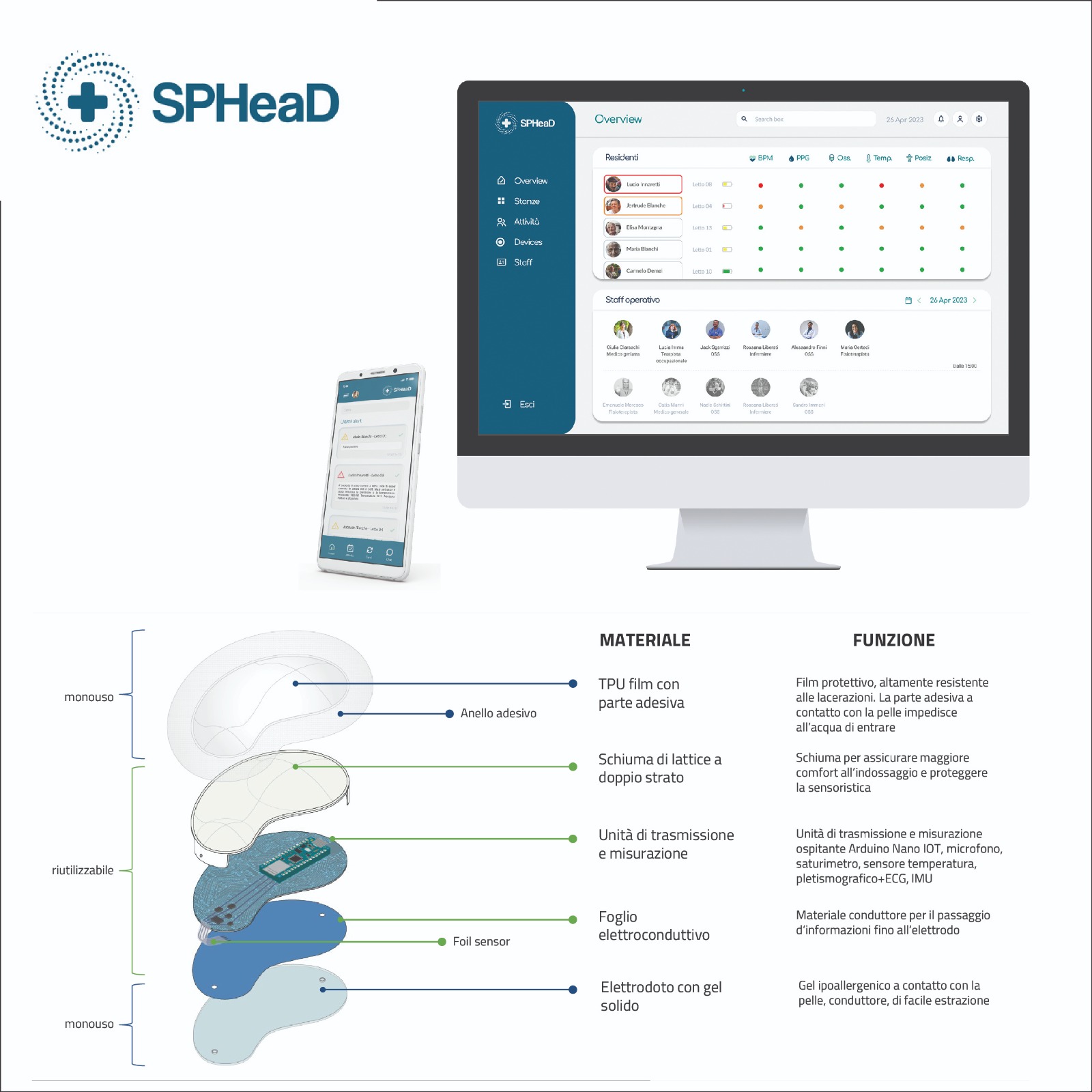
SpHead, funded by the Lazio Region - “Research Groups 2020” call, enabled the development of a product-service system (hardware and software) capable of monitoring relevant parameters in response to care needs within the specific context of nursing homes (RSAs). Achievements included: 1) creating a prototype wearable tracking device and 2) developing a high-fidelity interface for monitoring software to be tested in a relevant environment.
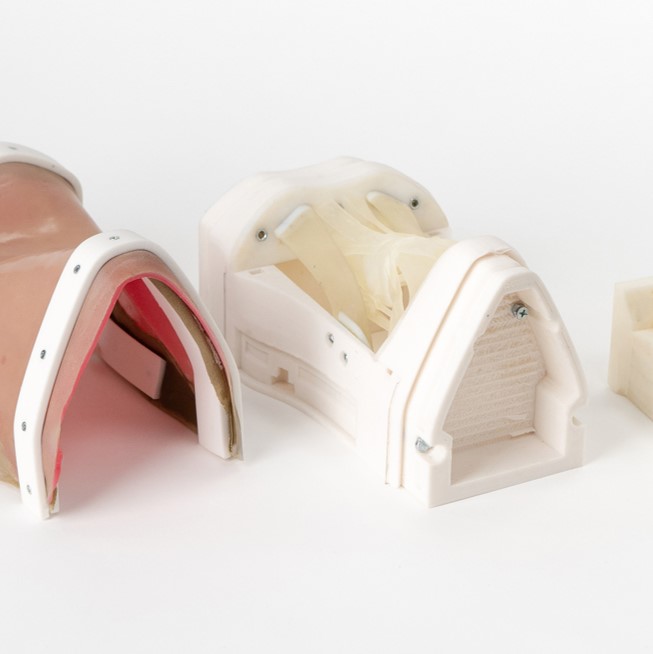
NTT Neurosurgery Training Tool. The experimental research developed with Elison S.r.l. aims to develop and prototype a neurosurgical and anatomical training system useful for training both novice neurosurgeons at the operational level and students.
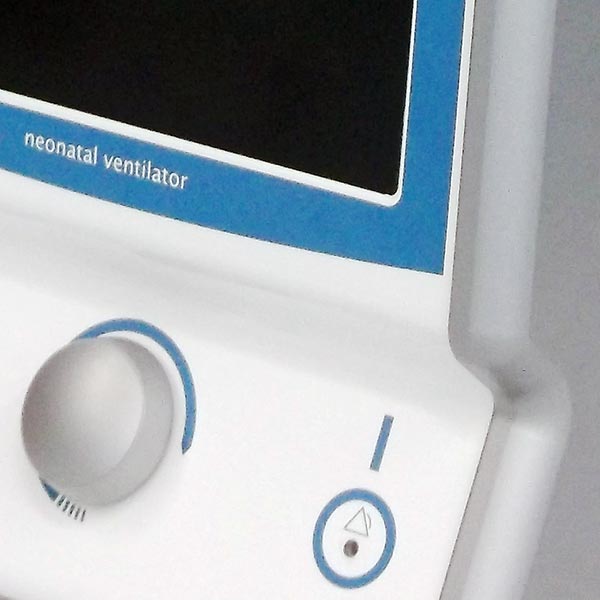
Bio-Giulia. The experimental research conducted for Ginevri S.r.l. focuses on neonatal medical technologies (e.g., assisted respiration) with an emphasis on usability, taking into account the physical and cognitive ergonomic needs of human-machine interaction among the device, operators, and patients.
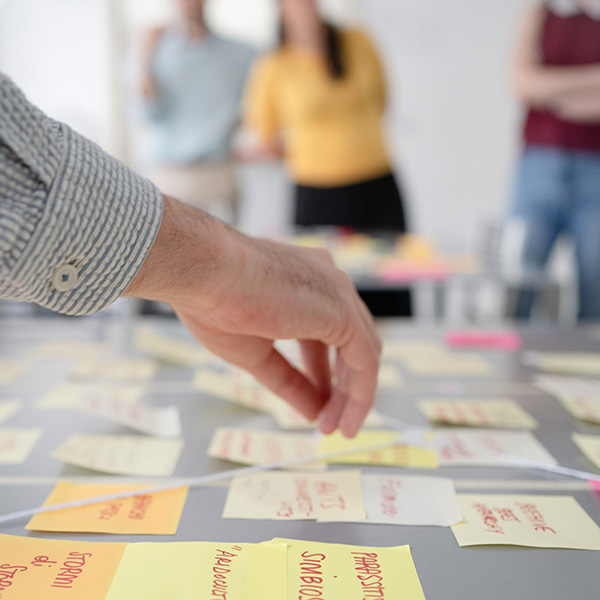
Design Matters: Nurturing Inclusive and Innovative Design Research is an Erasmus+ (KA220-HED) project that aims to promote diversity, inclusion, and innovation in EU doctoral-level design research and education. It is structured around four specific objectives: 1. Define and design doctoral practices beyond binaries (gender, race, ability, and rural/urban); 2. Co-create innovative resources for diversity in doctoral design research; 3. Test and train for diversity in doctoral design research; 4. Communicate, disseminate, and engage for diversity in design research.
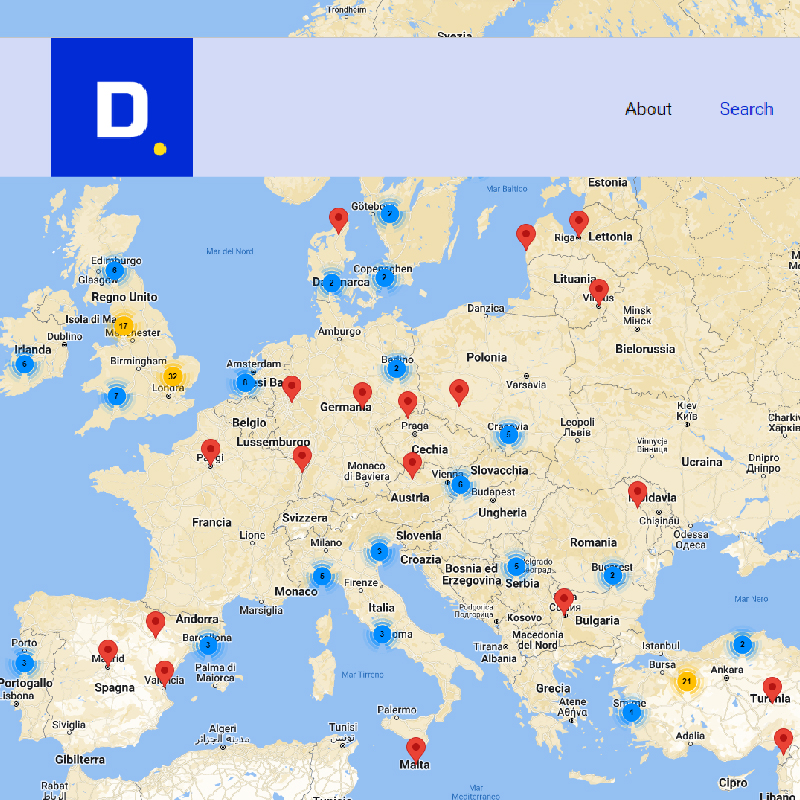
D.Doc is an Erasmus+ Research project aimed at analyzing doctoral offerings in Design at a European level. Over two years of information collection from institutional pages, case study collection, and interviews, the project successfully produced an open educational resource with an interactive map of 943 identified doctoral courses. Partners included SDR, Loughborough University (UK), METU (Turkey), Aalto University (Norway), and the technology consultancy firm ATiT Information Technologies (Belgium).
Design for Cultural Experience and Cultural Heritage
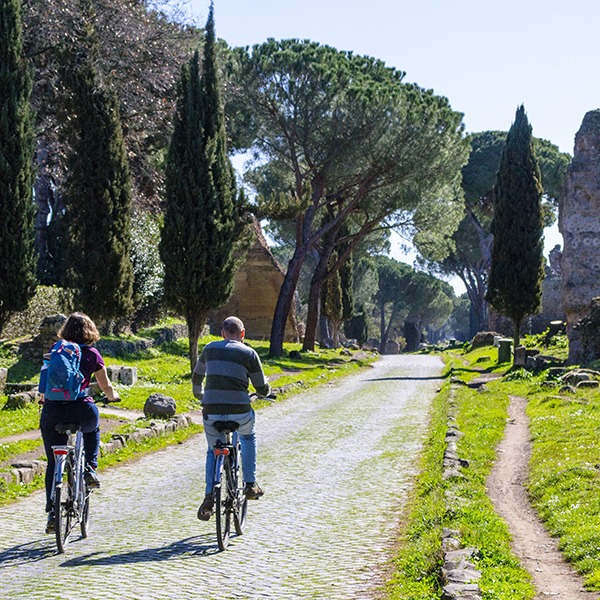
HERIT ADAPT. A project under the Interreg Euro MED Call 2 program, themed Greener Mediterranean, addressing the specific objective of promoting resilience, climate change adaptation, and risk prevention using ecosystem-based approaches.
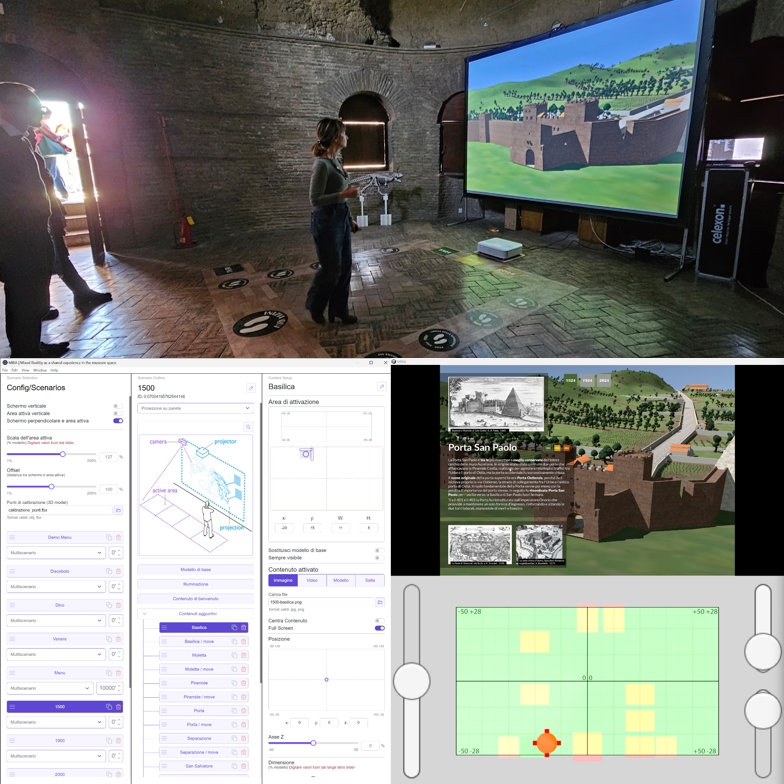
MiRA – Mixed Reality Environment. A CMS for museum exhibit design, funded by the Lazio Region (DTC). It enables Augmented/Mixed Reality in museums without physical contact with the visitor, for interactive and immersive explanations of artifacts through holographic projection effects. It has been tested at the Museo della Via Ostiense - Porta San Paolo.
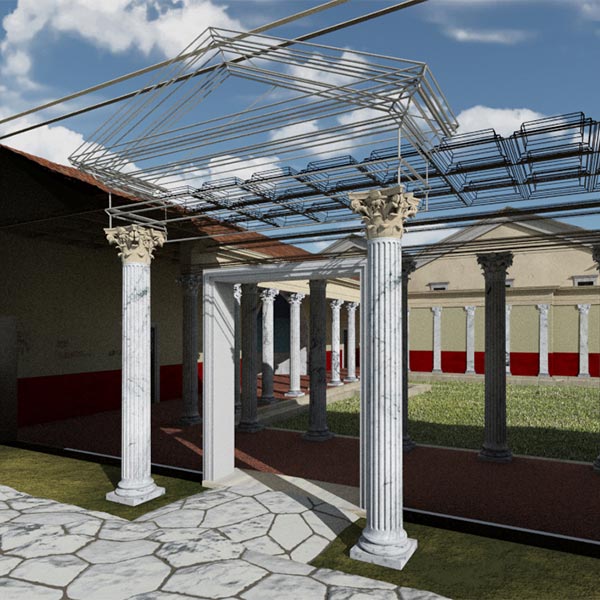
Revixit Aquinum. This project, conducted in collaboration with the University of Salento for the Municipality of Castrocielo, aims to enhance archaeological heritage, including the Roman city of Aquinum and the historically connected "Castrum Coeli" castle, using ICT tools.
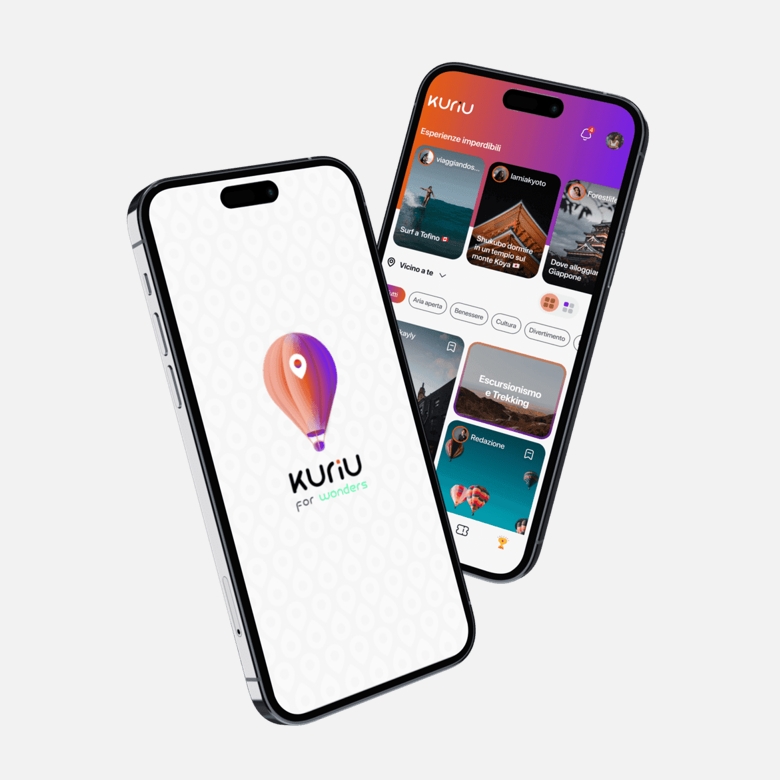
Easy Tour. As part of funding from MISE (Agreements for Innovation), the industrial research carried out in collaboration with Amarena S.r.l. aims to develop a digital platform (HUB) capable of acting as an intelligent aggregator of solutions for the cultural and tourist experience.
